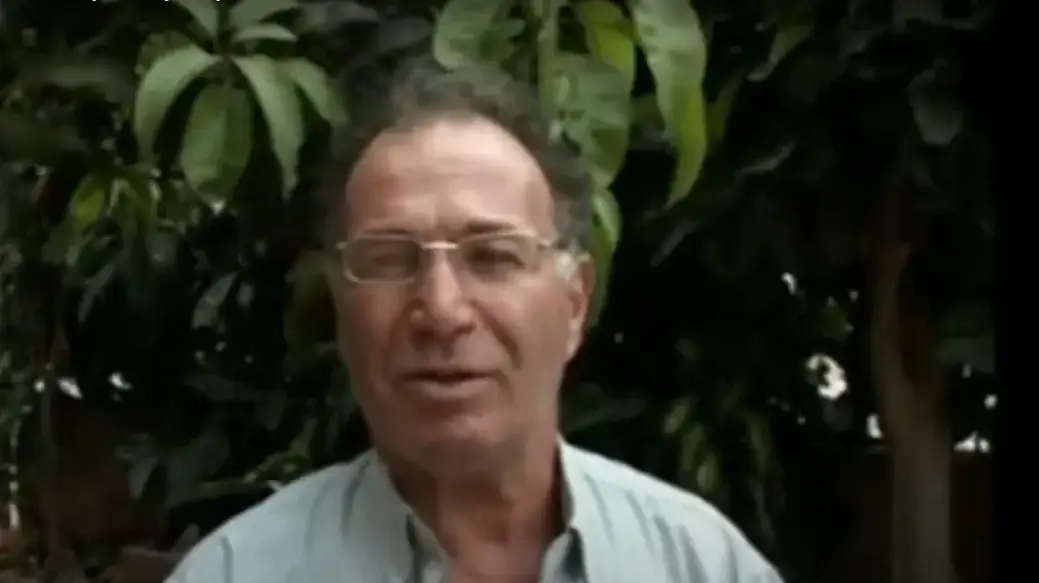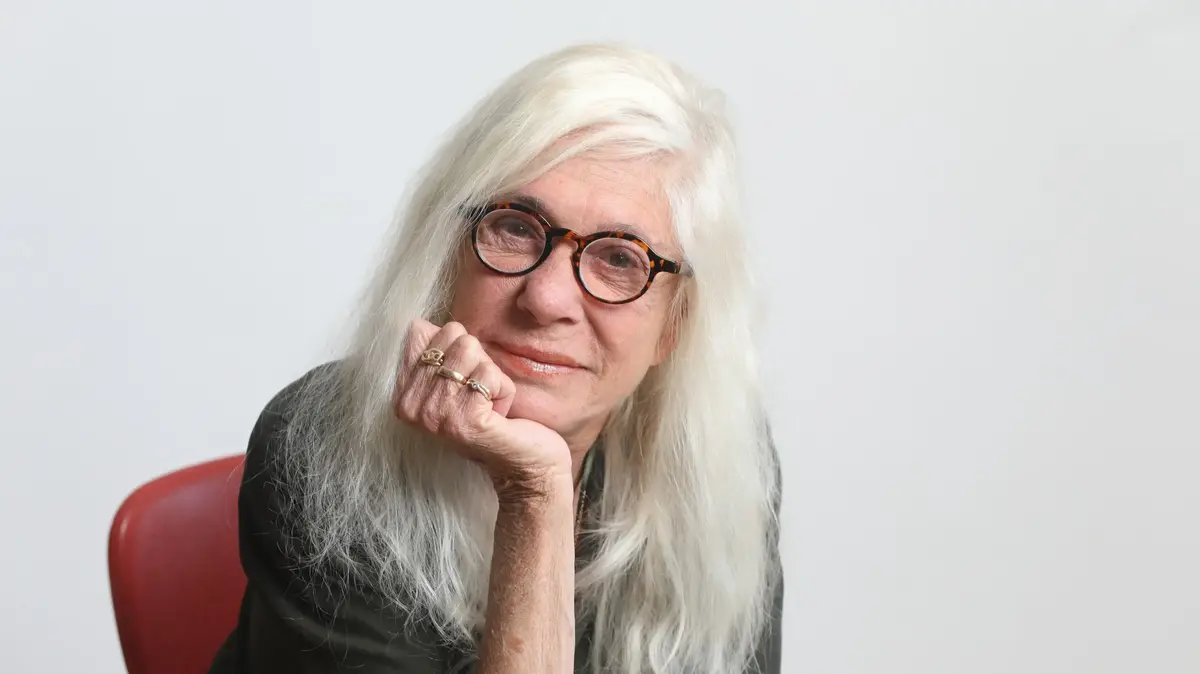culture
Theater
Cinema News
Director and researcher Yehuda Jad Ne'eman ("Stretcher Journey") passed away at the age of 84
The director of the Israel Film Prize, Yehuda Jan Ne'eman, has passed away after a battle with cancer.
Among other things, he directed the films "Stretchers' Journey" and "Yesterday's Streets," was one of the founders of the Israeli Film Foundation and served as a film researcher and professor at Tel Aviv University.
Tags
Judd is loyal
Walla!
culture
Sunday, 26 September 2021, 14:06 Updated: 14:18
Share on Facebook
Share on WhatsApp
Share on general
Share on general
Share on Twitter
Share on Email
0 comments
Jad Ne'eman (Photo: Shai Oknin)
The director, researcher and winner of the Israel Film Prize, Yehuda Jad Ne'eman, has died at the age of 84 after a battle with cancer.
His family said: "Our beloved Judd has been battling cancer until the last minute, as he has fought all his life for what he loved and believed in. He loved life and never stopped creating, dreaming and hoping. He will remain engraved in our hearts."
Ne'eman first became famous thanks to his first feature film, "Journey of Stretchers" from 1977. The film, starring Gidi Gov, Moni Moshonov, Dalik Wolinitz and Dovle Glickman, presented the story of a novice who goes through a mask of torture, which eventually leads to his suicide.
The film caused a stir and the IDF even tried to prevent its publication, but in the end the film became part of the IDF's training system on suicide prevention.
Ne'eman was then appointed head of the Department of Film and Television at Tel Aviv University, where he was considered the one who sowed a revolution in the department, in the curriculum and in a new approach to popular Israeli cinema.
Making thereof cinematic, continued faithful to direct films and controversial projects, dealing with the war in its various aspects, as exemplified in films such as "Streets of Yesterday" from 1988 which dealt with political assassination, and projects such as "Film Festival on Human Rights" took place in 1999.
In 1979 he was loyal to the initiators of the establishment of the fund For Israeli cinema.
In the 1990s, he was mainly engaged in film research, with articles such as "The Utopia Dimension in Israeli Cinema", which deals with Israeli cinema as representing Israel's national history, gaining a great deal of resonance among the Israeli film industry.
In 2004-2005, Ne'eman served as a film teacher at New York University.
More on Walla!
People are dying because of vaccine opponents, and the news continues to caress their egos
To the full article
In 2006, Ne'eman returned to filmmaking, co-producing with Irina Jamal the film "The Tear of Shaharzadeh", which deals with a folk dance troupe of Arabs and Jews. He then co-created with the screenwriter Shirley Ram-Amit and Daniel Avitsur the feature film "Nuzhat al-Fuad", starring Muhammad Bakri, Yael Hadar and Efrat Gush. The film won a Cinema Innovation Award at the Syracuse Film Festival in the United States and reviews from personalities such as journalist Tom Friedman.
In 2008, his documentary "Zitra" ("Tomorrow" in Czech) was released, which deals with the production of a theater by urban students about Manka Alter, a survivor of the Terezin camp. The film is based on a play by Eliana Schechter. In 2016, his documentary "Desert" was released, which dealt with Moshe Sela, one of the founders of Yotvata and an activist for the Bedouin.
In 2009, Ne'eman won the Israel Film Prize.
The jury reasoned his decision and wrote that Jad "has left his mark at important junctions in the history of Israeli cinema since the 1960s. The unique combination of artist and thinker is reflected in its complexity, lyricism, distinct humanism and the depth of his artistic and academic work. He also worked as a pedagogue in film teaching. "
In addition, the judges noted that many of Ne'eman's students "were first-rate filmmakers and film researchers and influenced Israeli cinema in the 2000s."
Share on Facebook
Share on WhatsApp
Share on general
Share on general
Share on Twitter
Share on Email
0 comments









